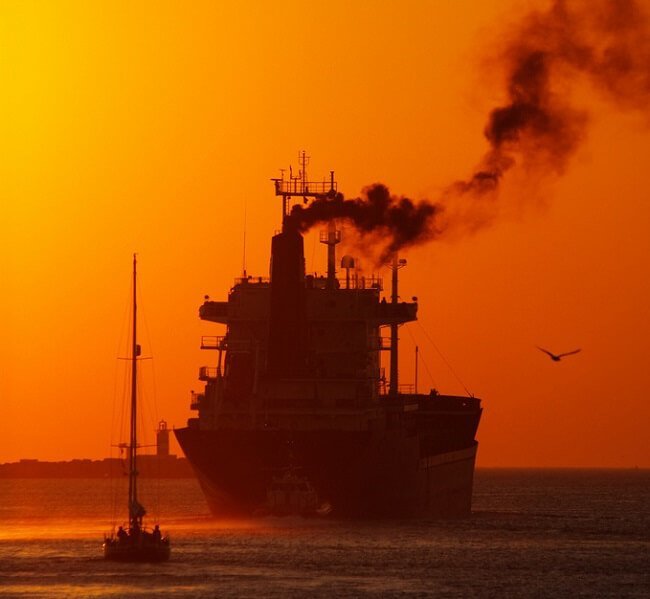
Update: Bourbon Mourns Death Of Two Other Crew Members Of Bourbon Rhode
October 1, 2019
ClassNK Releases Precautions Concerning Change-Over To 0.50% Sulphur Compliant Fuel Oils
October 1, 2019
BIMCO has submitted a proposal to the International Maritime Organization (IMO) to regulate propulsion power of ships in order to sustain the GHG savings already achieved through slower steaming.
While it remains a fact that ships’ speed is the single most important variable influencing their CO2 emissions, there are different views as to which regulatory measure is best when it comes to enforcement and achieving the objective of curbing emissions.
Measuring a ship’s speed is not an accurate exercise, therefore, other avenues have been investigated. It has been concluded that limiting ships’ propulsion power can be controlled accurately and at the same time, it has a close correlation to speed.
“While it is imperative to ensure the GHG emissions savings through slower steaming are sustained, it is also important that owners are incentivised to innovate,” says Lars Robert Pedersen, BIMCO Deputy Secretary General.
Setting a limit for ships’ power has already been suggested by Japan. BIMCO recommends the power limit should be derived for each shipping sector from an assumed performance of an average ship sailing at current average trading speed within each sector.
The proposal will be introduced at the Intersessional meeting of the working group on reduction of greenhouse gas emissions from ships at the IMO in London on 11-15 October.
Reference: bimco.org
Source: Maritime Shipping News



